Guido Brignone
Birth : 1886-12-06, Milano, Lombardia, Italia
Death : 1959-03-06

Screenplay
Zenobia, Queen of Palmira, revolts against Rome and defeats the Roman troops, but she makes a big mistake when she falls in love with enemy officer Marco Valerio.

Story
Zenobia, Queen of Palmira, revolts against Rome and defeats the Roman troops, but she makes a big mistake when she falls in love with enemy officer Marco Valerio.

Director
Zenobia, Queen of Palmira, revolts against Rome and defeats the Roman troops, but she makes a big mistake when she falls in love with enemy officer Marco Valerio.
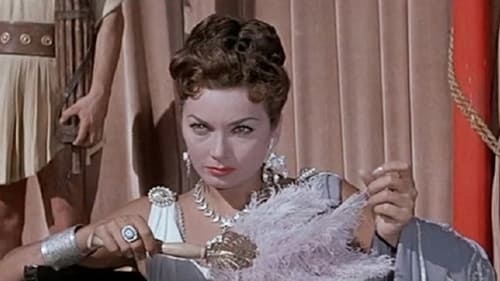
Director
Sold as slaves to a wealthy Roman, Lea and Esther, two Carthaginian sisters, are offered as gifts to the ambitious daughter of a proconsul and end up involved in spite of themselves in a dangerous game of power.
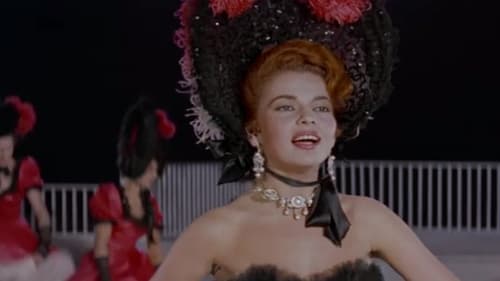
Screenplay
Two young men try to make it big as musicians.

Director
Two young men try to make it big as musicians.

Director
During the first Napoleonic expedition into Italy, Thibaud is seriously injured before being caught up in a mystery involving his wife, her rightful inheritance and his own daughter's happiness.

Screenplay
During the first Napoleonic expedition into Italy, Thibaud is seriously injured before being caught up in a mystery involving his wife, her rightful inheritance and his own daughter's happiness.
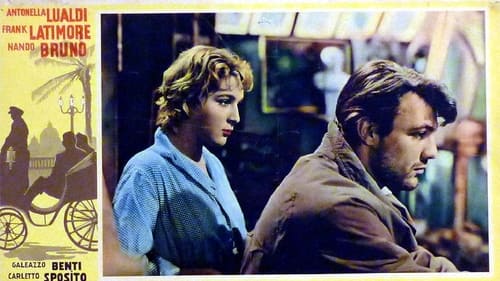
Screenplay
After she inherits a huge sum of money, a girl suddenly leaves a working-class man that she previously used to fancy.

Director
After she inherits a huge sum of money, a girl suddenly leaves a working-class man that she previously used to fancy.
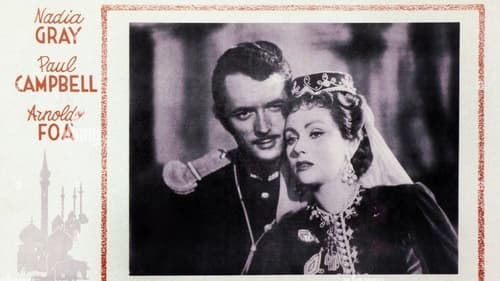
Screenplay

Director

Director
Adaptation of a play written by Sabatino Lopez.

Screenplay

Director

Screenplay

Director

Director

Director
The Naked and the Wicked

Screenplay

Director

Director

Director

Screenplay
Italy, 1848. Clara, daughter of a rich Milan trader, is in love with Enrico, a political dissident, but she is forced to marry Count Severi.

Director
Italy, 1848. Clara, daughter of a rich Milan trader, is in love with Enrico, a political dissident, but she is forced to marry Count Severi.

Director

Director

Director

Director

Director

Screenplay

Writer

Director

Story

Director
A biopic of soprano Maria Malibran (1808–1836). A beautiful singer, Maria Malibran, is forced to turn to the stage after her husband takes to gambling, and goes to Paris where she falls in love with a famous violinist. When her money-seeking husband reappears, the couple go to London, where they find happiness. A composer falls in love with Maria but when his affections are unrequited, he becomes broken, takes to drinking and dies.
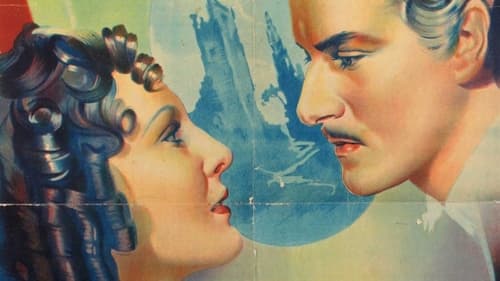
Director
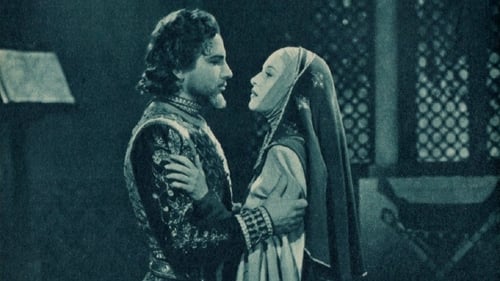
Writer
1017 AD. The Republic of Pisa is organizing a fleet to drive out the Saracens who are infesting the Mediterranean. While the forces are away "The Gorgon," the young daughter of a Pisan nobleman who has been heroically killed, comes to be solemnly invested as the figurehead virgin who will maintain a lantern to celebrate the men's victorious return. In charge of the home guard is an ambitious young Florentine who feels deprived of the forthcoming honour and glory, and who seeks revenge by violating the sacred person of the virgin. He gains access to her well guarded quarters, but when the Gorgon falls helplessly in love with him, his desire for vengeance falls away. His plot exposed, he commits suicide rather than invoke the wrath of the Pisans. The Gorgon too takes her life by throwing herself from a high tower. Meanwhile, the victorious Pisan vessels return.

Director
1017 AD. The Republic of Pisa is organizing a fleet to drive out the Saracens who are infesting the Mediterranean. While the forces are away "The Gorgon," the young daughter of a Pisan nobleman who has been heroically killed, comes to be solemnly invested as the figurehead virgin who will maintain a lantern to celebrate the men's victorious return. In charge of the home guard is an ambitious young Florentine who feels deprived of the forthcoming honour and glory, and who seeks revenge by violating the sacred person of the virgin. He gains access to her well guarded quarters, but when the Gorgon falls helplessly in love with him, his desire for vengeance falls away. His plot exposed, he commits suicide rather than invoke the wrath of the Pisans. The Gorgon too takes her life by throwing herself from a high tower. Meanwhile, the victorious Pisan vessels return.
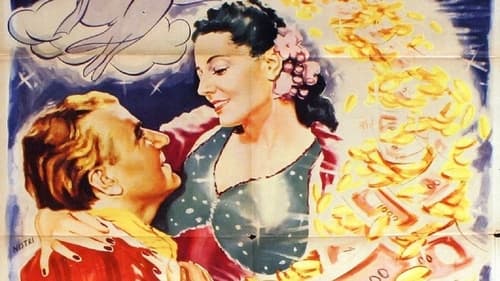
Director
After his plane makes an emergency landing, a kidnapped millionaire assumes the identity of a poor man.

Director
The well off daughter of a tenor breaks up a romance with a helpful youth from a misunderstanding. But she continues to cover him with his gambling debts despite her delicate health.
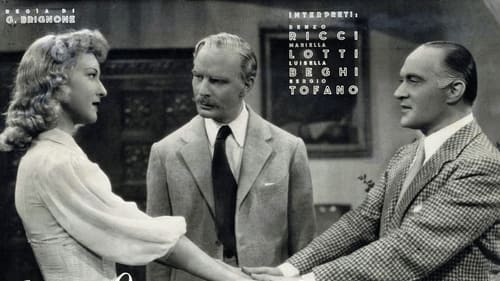
Screenplay

Writer

Director

Director

Director
Italian historical drama portraying the story of the sixteenth century Italian noblewoman Beatrice Cenci.

Screenplay

Director

Director

Director

Director

Director
A tenor falls in love with a stage actress then leaves her without knowing about her pregnancy.

Director
Venice Film Festival 1938
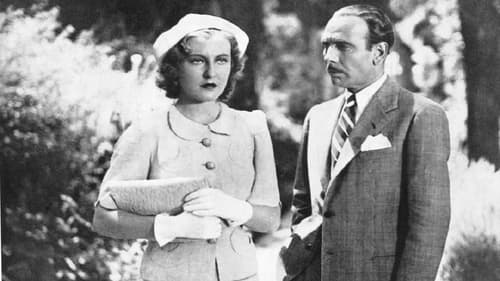
Director

Director

Director
The relationship between a man and his daughter is tarnished when she marries one of his closest friends despite his disapproval.

Screenplay

Director

Screenplay

Director
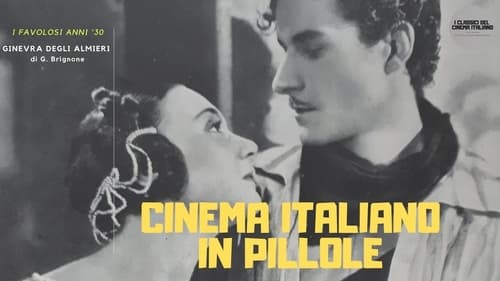
Screenplay
Ginevra degli Almieri's family has arranged a marriage of interest but the young Ginevra strenuously refuses until she falls into catalepsy and is buried alive. Once she wakes up she goes home but her family believes they are dealing with a ghost and they try to chase her away. She will only be welcomed by the penniless young painter who has always been in love with her.

Director
Ginevra degli Almieri's family has arranged a marriage of interest but the young Ginevra strenuously refuses until she falls into catalepsy and is buried alive. Once she wakes up she goes home but her family believes they are dealing with a ghost and they try to chase her away. She will only be welcomed by the penniless young painter who has always been in love with her.
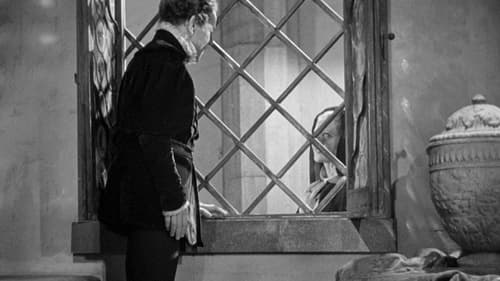
Screenplay
Lorenzino de 'Medici manipulates Alessandro ruler of Florence to save his beloved Bianca.

Director
Lorenzino de 'Medici manipulates Alessandro ruler of Florence to save his beloved Bianca.
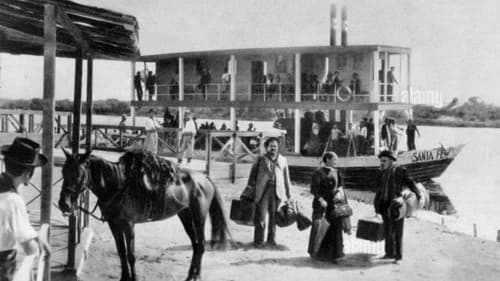
Director
Based on fact, Passaporto Rosso (Red Passport) details the plight of a group of poor Italian immigrants who are hired as railroad workers in turn-of-the-century South America. In addition to facing poverty, deprivation, and prejudice, the immigrants are also bedeviled by a raging fever epidemic. Finally achieving a measure of prosperity, the Italians are forced to confront tragedy once more when their grown children march off to WWI. Though Isa Miranda is top-billed, she has very little to do in comparison with male lead Filippo Scelso. Passaporto Rosso was released in the U.S. as Destiny Unknown.

Director
Hot on the heels of Dinero ed Amore, Loyalty of Love was the second of two Guido Brignone-directed films released within same week. Like the earlier picture, Loyalty is a historical drama. During the period in which Italy was under Austrian rule, Count Federico (Nerio Bernardi) fights tirelessly to free his people from oppression. The Count's wife Teresa (Marta Alba) remains loyally by his side, even when he is unfaithful to her, which is often. Federico doesn't realize how important Teresa is to him, nor how much he loves her, until it's almost too late. At time of the release of Loyalty of Love, star Marta Alba had transferred her base of operations to New York, where she starred in Broadway production of Tovarich.
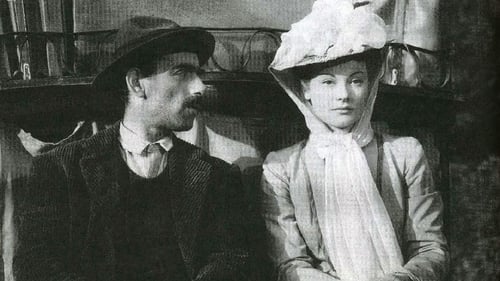
Screenplay

Director
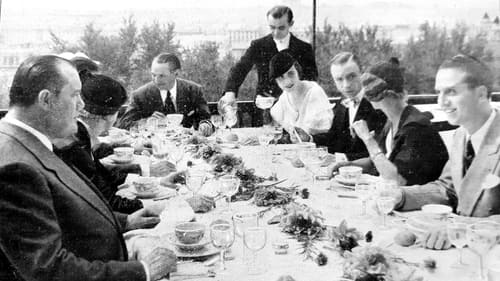
Director
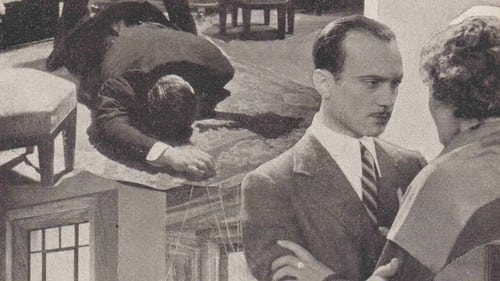
Director

Director

Director
Italy, 1736. Count Raniero, brother of Maria, refuses that Pergolese, a modest composer, marry his sister. Pergolese and Maria leave clandestinely. But Raniero finds them and locks Maria up in the castle while Pergolese dies in the convent that took him in.

Director

Director
Italian film by Guido Brignone.
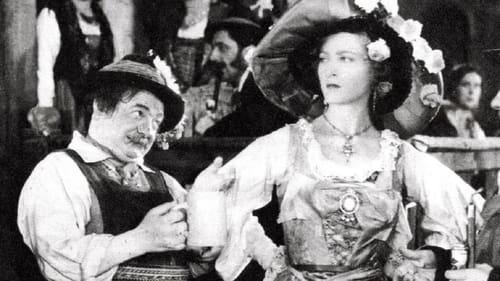
Director

Director
A banker gets involved in the theft of a precious jewel.
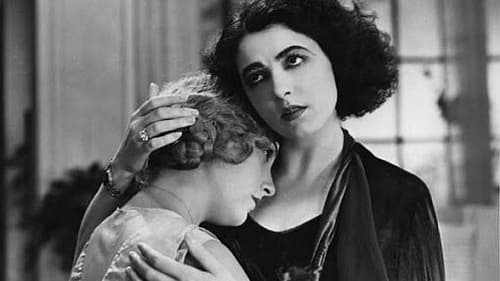
Writer
During a reception in a villa, wealthy banker Calandri is killed in the park with a gunshot. The gamekeeper Barra is immediately arrested, but he declares himself innocent. During the trial it turns out that the defendant had threatened the victim, guilty of courting his sister-in-law. But the deposition of a journalist present at the party soon leads to discover the existence of a dense network of equivocal relations between the victim, the guests and the servants. This judicial setting drama is allegedly the second Italian sound film after "The Song of Love", made using the RCA Photophone recording technique, and is also considered to be the first Italian detective film, a precursor to the later genre of Giallo films.

Director
During a reception in a villa, wealthy banker Calandri is killed in the park with a gunshot. The gamekeeper Barra is immediately arrested, but he declares himself innocent. During the trial it turns out that the defendant had threatened the victim, guilty of courting his sister-in-law. But the deposition of a journalist present at the party soon leads to discover the existence of a dense network of equivocal relations between the victim, the guests and the servants. This judicial setting drama is allegedly the second Italian sound film after "The Song of Love", made using the RCA Photophone recording technique, and is also considered to be the first Italian detective film, a precursor to the later genre of Giallo films.

Director

Director

Director

Story

Director

Director
Bartolomeo Pagano as Maciste in Maciste in the Lions' Den. A Italian silent from 1926.
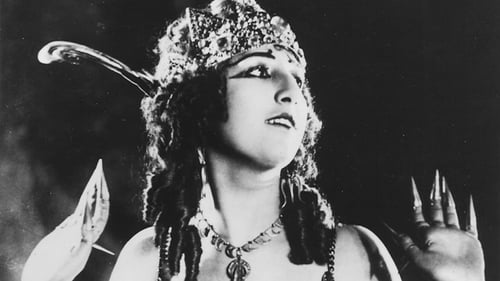
Editor
The devil takes Maciste down to hell in an attempt to corrupt and ruin his morality.

Art Direction
The devil takes Maciste down to hell in an attempt to corrupt and ruin his morality.

Director
The devil takes Maciste down to hell in an attempt to corrupt and ruin his morality.

Director

Director

Screenplay

Director

Screenplay

Director

Director
Socrate, a weird parrot, one day flies away through an open window. The mistress of the parrot imposes on her boyfriend Ajax a terrible condition: if he doesn’t find Socrate, she will marry another man. Ajax immediately starts to look for Socrate, but soon he discovers that the parrot has been captured and sold to a young lady leaving for Havana. Finally Ajax manages to get to Cuba, but once there he finds out that Socrate has already flown away to return to his original owner; she telegraphs Ajax asking him to return to her – but she will wait in vain: Ajax has already fallen in love with the young lady who emigrated to Cuba.

Director
A countess, discovering that a painting of her provocatively dressed as Salome by the artist Osvaldo Mars is to be publicly exhibited, slashes the canvas. When he is found dead soon afterwards she is suspected of his murder.

Director
Guido Brignone attempts, rather curiously, the traditionally English whodunit (the overall plot, deduced from the news reports of the period, further highlights this aspect: the guests that have been invited to the lunch at which the solution is to be revealed are all possible suspects). But, above all, the mystery formula as a guarantee to melodramatic functioning, otherwise close to being worn-out, seems to have been one of the marks of the Torino company (e.g. Il quadro di Osvaldo Mars). The result, at least in this final reel, is truely interesting. Flash-backs, subjective takes, alternate editing, all seems to be used without dispersion and beyond that practice of contemplative lingering on the framing that characterizes much of the Italian cinema up to 1920. (Paola Cristalli)


In respect to other FAI films, it contains quite an innovative scene, in which the loan shark is on a train, looking out the window, made with a sort of “track after” shot. The camera was fixed on the outside of the train, and when the train started going, the camera filmed the moving landscape. Much of the footage was shot in exteriors. There are numerous views of Rome, including one of Castel Sant’Angelo, while several scenes are set on the beach, probably on the coast of Lazio. The film was hailed by critics. “An exciting film: there are some beautiful scenes. The actors deserve heartfelt congratulations and praise.” (Lazzaro, “La Cine-Fono”, Naples, 4/4/1914)

One of the early Pathécolor silent films

Gustavo Panelli
The making of patriotic films was not rare among FAI productions, and Il bacio della gloria is one example, together with Armi e amori (1913) and Per la Patria! (1915). “In the Speech from the Throne, which opened the 14th Legislature, the King of Italy stressed and underscored with his words the period recalling the story of the glorious conquering of Libya, sending warm greetings to the courageous men who fought, and to the heroes who fell, for the loftiness of their Country. In a response worthy of these august words, immediately thereafter Pathé released this patriotic film which tells one of the many stories of courage which bring glory to our flag.

He is a brave and gallant young lieutenant of the Italian army at a time when his country is on the eve of war with Turkey. He becomes infatuated with a country girl of intense love nature and splendid womanhood, one lacking knowledge of the world and experience in life. When her feeble insight into character and motive is pitted against his superior intelligence and that long practice in the craft of heartbreaking that enables a handsome gentleman in uniform to practice a form of enchantment with such women, the result is easily foreseen.

A captain is passionate gambler, but loses and when he does not see another resort, he "borrows" from the regiment box. The money he plays up, but meets without his brother's knowledge with his sister who gives him his pearl necklace. He pawns it so he can put the money back into the regiment box.































